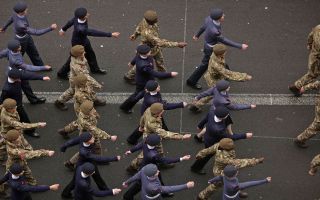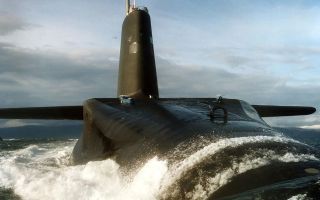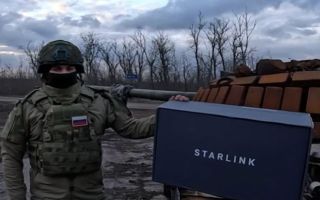The Bagpipes of Belsen: How the Scottish instrument signalled the sound of liberation
Bergen-Belsen concentration camp in northern Germany was surrendered to the advancing Allies 80 years ago.
Among them was Canadian-born Scotsman Private Bill Millin of the 4th Special Service Brigade.
He had already earned the nickname 'The Mad Piper' for bravely playing the bagpipes while landing on Sword Beach during the D-Day invasion a year earlier.
He arrived at Belsen on 14 April 1945.
As the gates opened the next day, Mr Millin and other members of the Achnacarry band led the column of troops liberating the camp with pipes signalling their arrival.
John Millin, Mr Millin's son, said: "The bagpipes have a great tradition of going into battle because it stirs the troops.
"It made them feel that little bit braver.
"The Germans had already surrendered and agreed a time that the British could go in.
"It was considered a bit of an event. At times like that, pipes and drums would always go in first.
"He didn't play for very long once he saw… the place was littered with bodies. And the smell was horrendous.
"Once reality in front of his eyes hit him, he just stopped playing. That was the only time he played in Belsen."
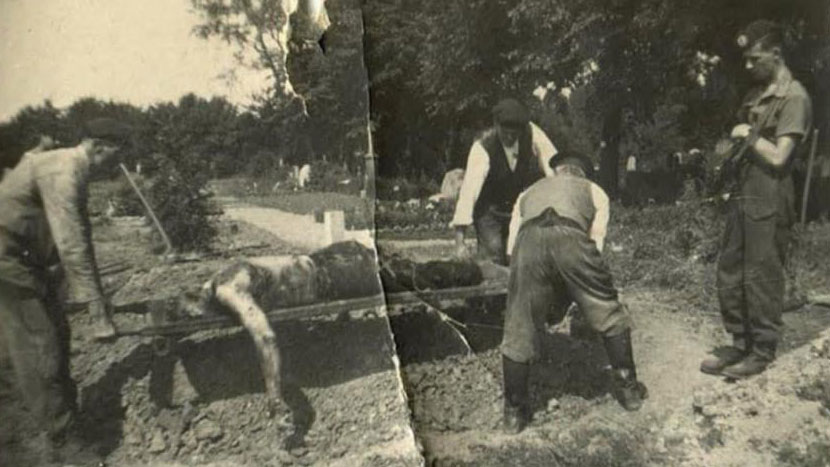
The liberating British and Canadian forces discovered some 60,000 prisoners kept in terrible conditions.
Originally a prisoner of war camp, in the later years of the war more Jewish inmates were sent to Belsen.
More than 70,000 people died at the concentration camp from disease, starvation and murder.
On arrival, the unfamiliar sound of bagpipes was mistaken by some inmates for angels serenading them into heaven.
Branko Lustig was a young boy, aged 11, who was suffering from typhus during the liberation and, on hearing the bagpipes, thought he had died.
The Croatian Jew later became the film producer for Schindler's List, winning Best Picture at the Academy Awards.
Mr Millin was given orders to guard 22 Nazi SS prisoners and German civilians tasked with burying the thousands of bodies.
John Millin said: "They gave out cameras to some of the troops. Dad somehow forgot to send in a reel of film."
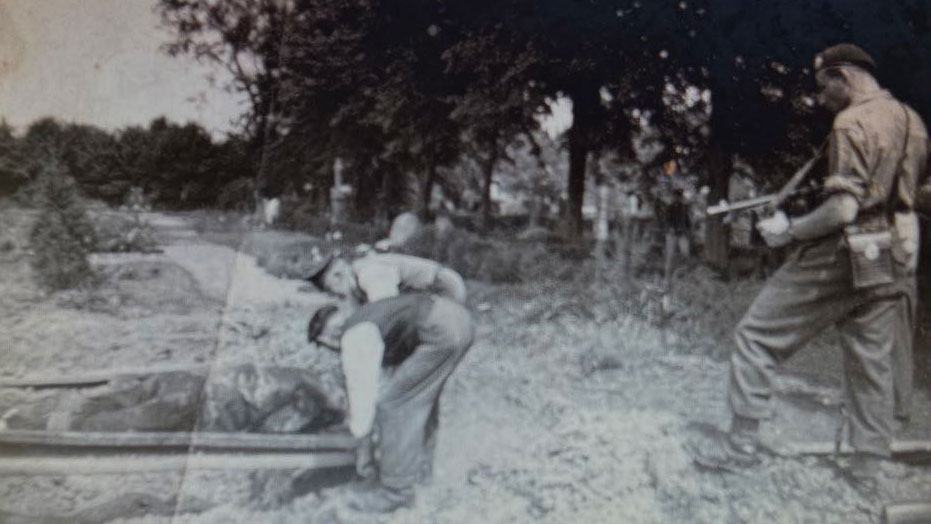
Mr Millin rarely spoke about what he saw at Belsen, except during the 1970s when holocaust denial was popularised.
John said: "Dad was getting really angry. It's not often I saw him like that."
In a scrapbook, John's dad showed him hidden photos from the camp.
Mr Millin, Lord Lovat's personal piper during the Normandy invasion, died in August 2010.
He is remembered with a statue at Colleville Montgomery near Sword Beach.
He dedicated his post-war life to acts of remembrance but, like many veterans, struggled with anniversaries.
John said: "He could draw a crowd with the pipes. It took them back; they remembered and understood the sacrifice so many people gave for freedom."

